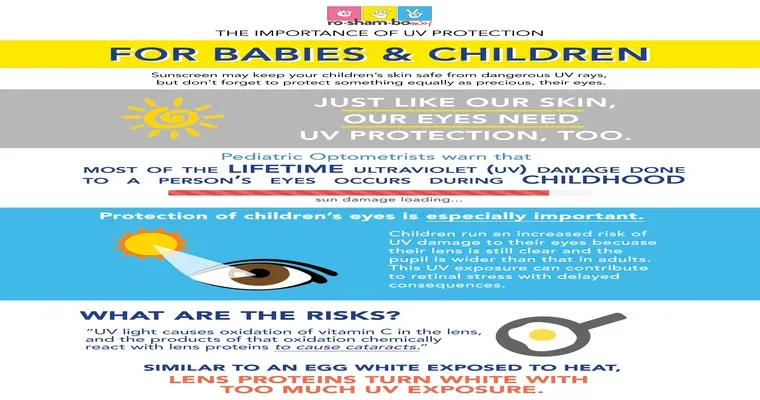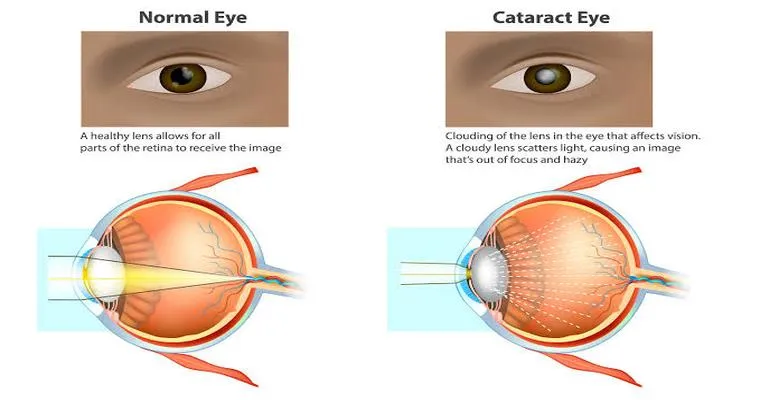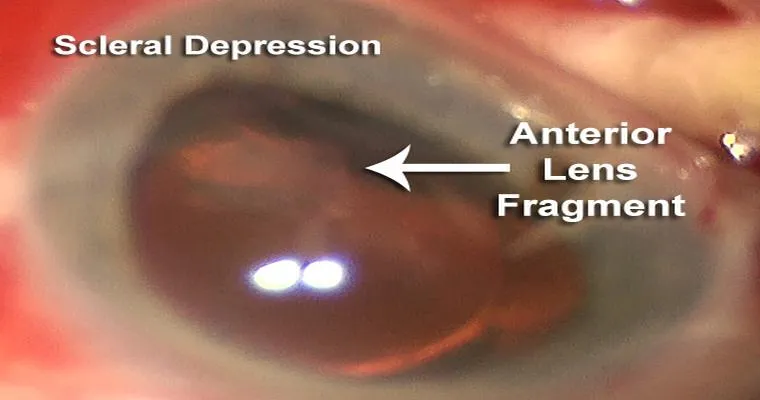When we think about "sun protection", we often focus on our skin, slathering on sunscreen and wearing protective clothing. However, it is equally important to consider that our "eyes" need protection from harmful UV rays. Just like our skin can suffer from sun damage, our eyes are also at risk for various issues, including cataracts, macular degeneration, and even certain cancers. Understanding the importance of "UV protection for eyes" can help us take the necessary steps to keep our vision healthy.
One of the most effective ways to protect your eyes from UV radiation is by wearing "sunglasses" that provide 100% UV protection. Look for sunglasses that block both UVA and UVB rays, as both types can cause damage to your eyes over time. Polarized lenses can also help reduce glare, making it easier to see in bright conditions, which is especially important for activities like driving or spending time at the beach.
In addition to sunglasses, wearing a "wide-brimmed hat" can offer extra protection. A hat with at least a 3-inch brim can help shield your eyes from direct sunlight and reduce the amount of UV radiation that reaches your eyes. This is particularly beneficial during peak sunlight hours, typically between 10 a.m. and 4 p.m.
It is also important to be mindful of the "environment" you are in. UV rays can reflect off surfaces such as water, sand, and concrete, increasing exposure. For example, if you are spending a day at the beach, make sure to wear "sunglasses" and a hat, as the reflection from the water can intensify UV exposure. Similarly, if you enjoy winter sports, remember that snow can reflect up to 80% of UV rays, making "eye protection" crucial even in colder months.
Regular eye exams are essential for maintaining eye health and identifying any potential issues early. During your eye exam, your eye care professional can evaluate your eyes for damage caused by UV exposure and recommend appropriate protective measures. It’s also a good opportunity to discuss any concerns you may have regarding your eye health.
Moreover, a diet rich in "antioxidants" can help protect your eyes from the damaging effects of UV rays. Foods high in vitamins C and E, lutein, and zeaxanthin, such as leafy greens, carrots, and citrus fruits, can support eye health. Omega-3 fatty acids, found in fish like salmon, can also contribute to overall eye wellness.
In conclusion, protecting your eyes from the sun is just as important as protecting your skin. By wearing high-quality "sunglasses", a wide-brimmed hat, and maintaining a healthy diet, you can significantly reduce your risk of UV-related eye damage. Don’t forget to schedule regular eye exams to ensure your eyes remain healthy and protected. Remember, your eyes need sun protection, too.





